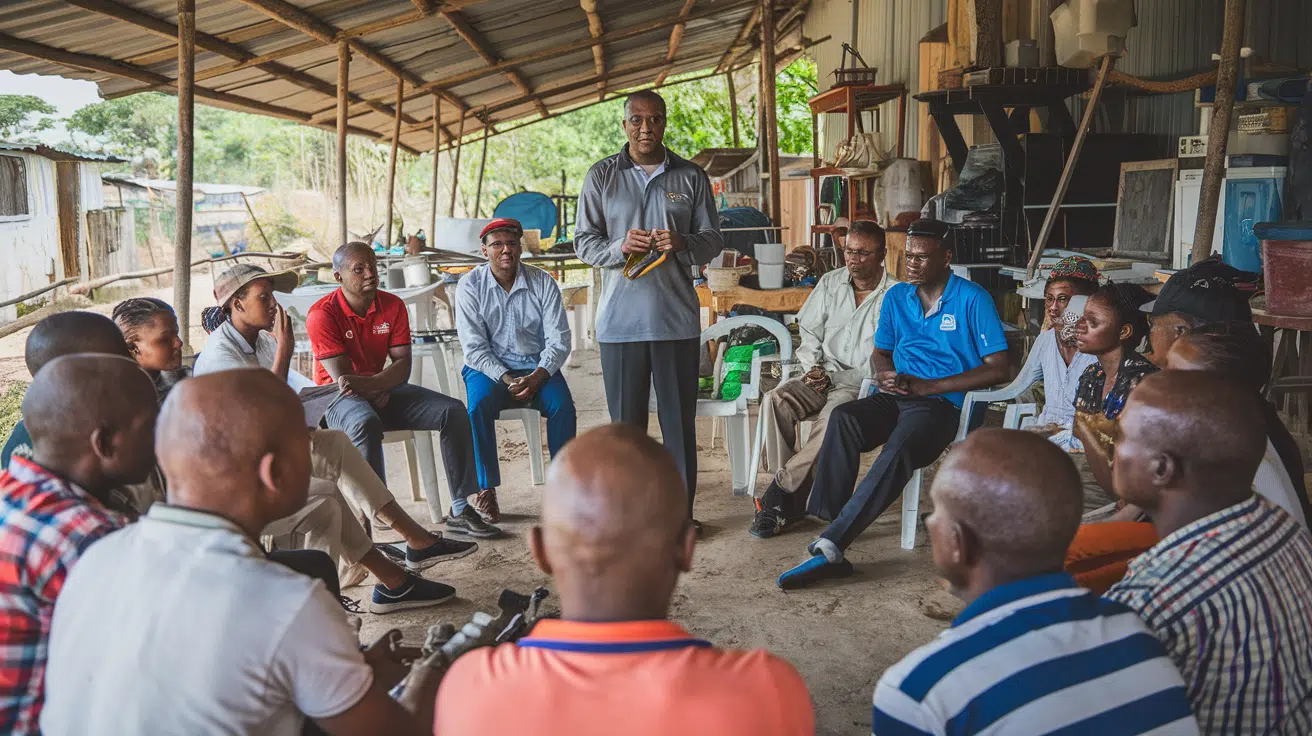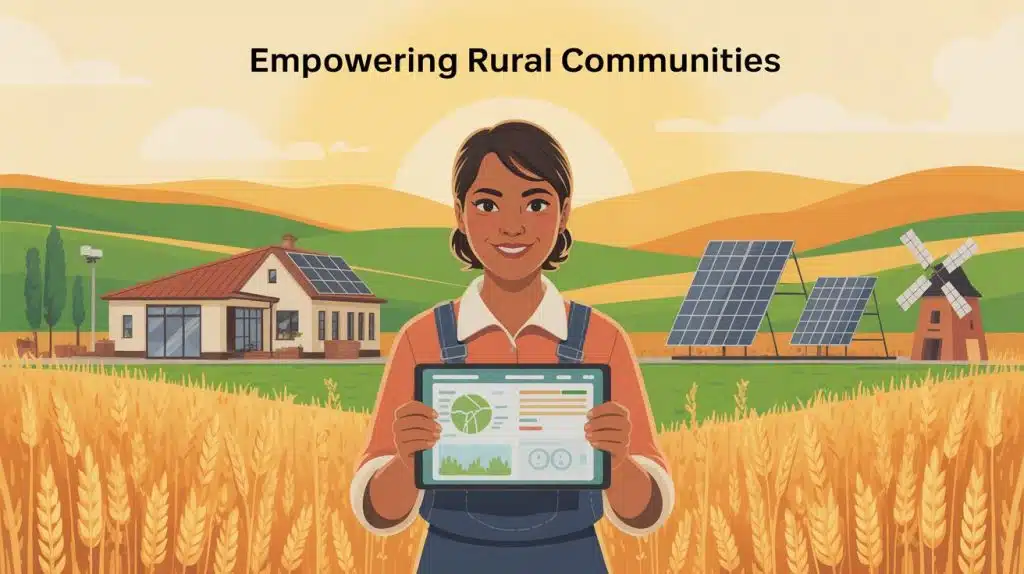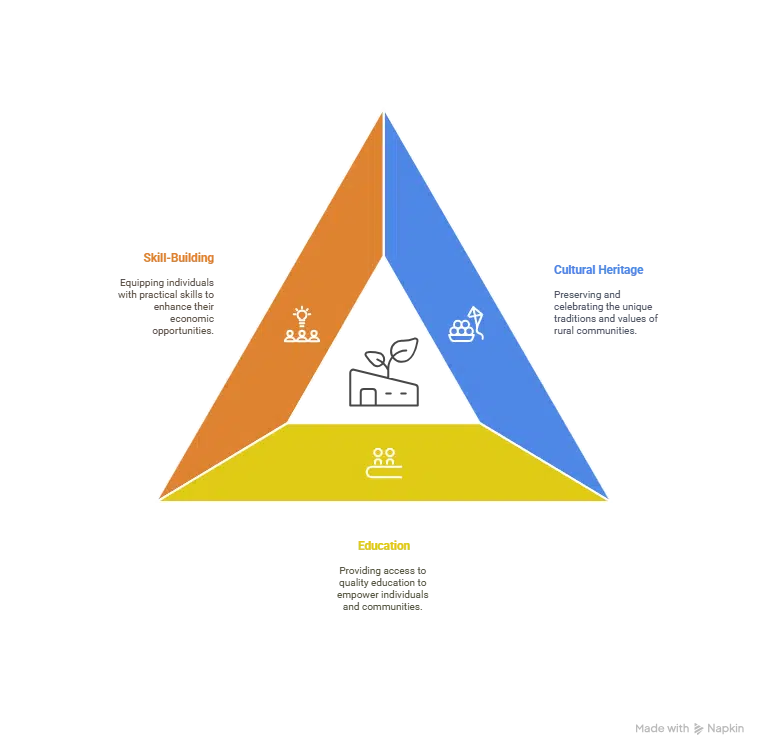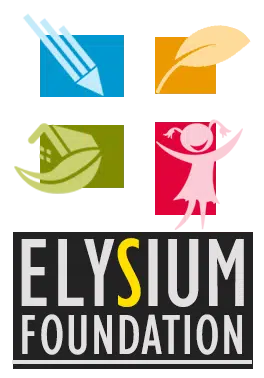
09 Jun Empowering Rural Communities: A Holistic Approach by Elysium Foundation
Empowerment in the rural Indian context transcends mere resource provision—it entails fostering confidence, dignity, skills, and decision-making capabilities in villagers. In many rural regions, poverty, limited education, and cultural norms have historically kept families trapped in cycles of hardship. Real empowerment transforms passive recipients into active agents of their own development.
Founded in 2009 by the Elysium Group as its CSR division, the Elysium Foundation was created with a clear purpose: to catalyze positive change by empowering rural communities With a mission rooted in cultural dignity, vocational development, child education, and women’s leadership, the foundation transforms rural narratives from dependency to self-reliance. By blending traditional knowledge with modern skills, Elysium shows that remote Indian villages can become wellsprings of innovation and pride—all while empowering rural communities to shape their own futures.

Infrastructure & Cultural Gaps
1. Education Gaps
A comprehensive review of rural schools in Madhya Pradesh and Odisha reveals major deficiencies: over 70% lack science labs, more than 65% are without digital tools, and pupil-teacher ratios average 60:1 or worse These challenges directly impact learning outcomes and further widen urban-rural disparities.
2. Teacher Training & Digital Literacy
Despite programs like PMGDISHA and CSCs certifying nearly 48 million rural citizens in digital literacy, less than one-fifth of rural schools and just a third of teachers are fully equipped with the necessary digital skills—largely due to insufficient training and lack of reliable access to devices. students and teachers struggle to leverage digital learning tools effectively
Why These Issues Matter
These interlinked obstacles set off a domino effect, undermining any sustainable initiative aimed at empowering rural communities.
- Poverty and landlessness prevent investments in education or business.
- Gender biases suppress half the rural population from contributing meaningfully.
- Education quality issues result in low learning outcomes, hinder employability.
- Digital exclusion limits access to essential information, e-learning, and online markets.
- Skill-employment mismatch leaves youth unemployable and frustrated.
These challenges hinder efforts to empower rural communities, who struggle to access skills, markets, and modern services.
Against this backdrop, the Elysium Foundation has achieved measurable impact: 2,500+ individuals have undergone vocational training, 1,275+ have begun self-employment, and By blending skill development with cultural respect and structural support, Elysium is actively empowering rural communities across India.
Elysium Vision & Mission

Established in 2009, the Elysium Foundation operates as a formally registered NGO and serves as the Elysium Group’s CSR initiative, with a mission to empower rural communities through sustainable development practices.
Vision
To build empowered rural communities that thrive by preserving cultural identity and creating economic opportunities.
Mission
“To foster sustainable development by leveraging cultural heritage, education, and skill-building to empower local populations.”
Core Focus Areas
Child Education & Personality Development
By channeling their energies into non-formal education, grassroots models like Ekal Vidyalayas rely on locally trained young teachers to guide tribal children aged 6–14, laying a strong foundation for lifelong learning These schools foster literacy, sanitation awareness, and community dialogue, all for just ₹20,000 annually
Vocational Training in Crafts, Cooking & Professional Skills
Vocational skill-building is at the heart of rural empowerment. As highlighted by research, creative industries—spanning crafts, design, and performing arts—offer vital job opportunities beyond agriculture, generating income and preserving traditions
Elysium’s vocational offerings include:
- Crafts: Training in wood carving, pottery, terracotta, and embroidery—skills deeply rooted in the region’s heritage.
- Culinary Arts: Workshops on traditional and modern cooking techniques, enabling women to grow home-based food ventures.
- Professional Skills: Courses in digital literacy, soft skills, beauty services, and tailoring.
Women’s Empowerment & Leadership Training
Women are the backbone of rural progress. Elysium fosters their potential through:
- Skill-Based Training: Covering areas such as cosmetics, craftwork, and entrepreneurship.
- Leadership Development: Drawing from models like Women’s Leadership Schools, which build confidence, public speaking, panchayat engagement, and collective problem solving
- Collaborative Structures: Support via SHGs and local networks, enabling scale-up and peer support.
Preservation of Crafts & Cultural Heritage
Cultural heritage is not only identity—it’s a catalyst for community empowerment. Reviving traditional crafts can create economic vibrancy and preserve generational knowledge.
Elysium mirrors these initiatives by conducting craft workshops, organizing heritage fairs, and forging online and offline market linkages. All these actions breathe new life into traditions while economically empowering rural communities.
Pillars of Empowerment
Skill Development & Vocational Training

Vocational training serves as the cornerstone for unlocking economic potential in rural communities
Traditional Cooking: Cooking workshops for women preserve culinary heritage and enable home-based food businesses.
Wood Carving & Terracotta: Courses on wood carving and terracotta ramp up local craftsmanship.
Beautician Training: Over 50 girls have been trained under beautician programs, fostering self-employment .
Professional Training & Soft Skills: Elysium also conducts workshops in communication, digital literacy, and career coaching
By pairing training with market guidance, tool kits, and entrepreneurship support, the foundation ensures that skills leads to livelihoods. This model is core to empowering rural communities through sustainable economic solutions.
Women’s Empowerment & Leadership
Advancing women’s opportunities acts as a pivotal catalyst for driving broader transformation in rural communities
Elysium’s flagship “Women Empowerment through Cooking” trains kitchen-based entrepreneurs. Their broader women’s training covers leadership, IT/ITES skills, and personal development A three-phase support system uses SHG-style models inspired by SEWA and SSP, adapted to local needs. This approach is pivotal in financial autonomy and community standing.
More than 3,00 women trained by Elysium now earn stable incomes, make family decisions, and sometimes scale into local leaders—a direct pathway for empowering rural communities.
Education & Child Development
Children are the future of India’s rural resurgence. Elysium invests in early education, tutoring, and personality workshops Inspired by Nehru’s philosophy—“children need to be nurtured like buds in the garden”—the foundation trains teachers, involves parents, and promotes interactive learning
By partnering with schools, Elysium fosters better attendance, confidence, and academic results—a sustainable strategy for empowering rural communities tomorrow.
Cultural Heritage & Community Identity
Cultural heritage is integral to identity and economy. Empowering rural communities includes honoring their traditions:
- Craft Workshops in wood carving, Tanjore painting, and terracotta build pride and income
- Festivals and fairs showcase crafts and bring economic value.
- Online platforms and tourism tie heritage to commerce, sustaining traditions.
This model ensures rural identity flourishes alongside economic empowerment.
Infrastructure & Institutional Support
Programs need structure. Elysium has established community hubs, repurposed buildings, resource centers, and training rooms
These hubs are equipped with vocational labs, digital tools, and educational materials. Third-party partners and CSR audits ensure transparency and quality, making these strong pillars for empowering rural communities at scale.
1. Digital Literacy Training
Programs like Internet Saathi have trained over 17 million rural women across 150,000 villages, equipping them to teach smartphone basics and internet use in their communities
2. E-Learning via Smartphones & Tablets
Interactive modules (e.g., Diksha, E‑Pathshala) on tablets and phones support remote education, while offline solutions like Smart Did help millions learn in low-connectivity zones .
3. Farmer-Centric Platforms
Digital Green’s Loop app enables thousands of farmers to aggregate and sell produce directly, with extension agents trained to use video-based, mobile curricula
4. Community Digital Access Points
Common Service Centres (CSCs) and apps like SmartGaon offer villagers internet access to government services, telemedicine, e-commerce, and educational resources
Together, these initiatives significantly advance empowering rural communities by unlocking access to education, markets, governance, and economic opportunity.
Collaborations & Partnerships
Elysium Foundation mission of empowering rural communities thrives on a collaborative ecosystem that includes corporate, government, and NGO partnerships.
Corporate CSR
Strategic alliances with corporate social responsibility (CSR) programs provide vital funding, infrastructure support, and third-party auditing. Like Dalmia Bharat Foundation’s DIKSHa initiative, which trained over 15,000 youth with a 73% placement rate, these partnerships empower Elysium to scale training centers and community hubs.
Government Integration
By aligning with Self-Help Group (SHG) initiatives and rural development schemes, Elysium amplifies impact and access. Government-backed affordability in microcredit and infrastructure strengthens local entrepreneurship, reinforcing the foundation’s mission to empower rural communities.
NGO Network & Technical Expertise
Collaborations with NGOs such as SEWA, Digital Green, and AROH bring best-in-class practices and monitoring systems. For instance, Digital Green’s video-based farmer training reaches over 150,000 individualswhile AROH applies livelihood and resource management expertise across 18 states These multi-stakeholder partnerships enable Elysium to refine its programs, incorporate innovation, and maintain quality—core elements for sustainably empowering rural communities.
Measuring Impact & Sustainability
Elysium Foundation emphasizes transparent, data-driven processes to ensure ongoing success in empowering rural communities.
Follow-up Surveys
Through structured surveys at 6- and 12-month intervals, the foundation tracks income gains, business sustainability, and employment retention. This allows early interventions to address challenges and reinforce gains.
Community Ownership & Local Facilitation
By training villagers as local facilitators—especially from SHGs or training alumni—Elysium fosters ownership. This grassroots model helps sustain initiatives even after formal support ends, ensuring long-term continuity.
Sustainable Processes
Independent audits, CSR verification, and third-party assessments ensure accountability and transparent use of funds. Usage of standardized frameworks like SROI (Social Return on Investment) and replicated impact benchmarks helps Elysium refine programs and sustain its long-term vision of empowering rural communities.
Challenges & Future Roadmap
While Elysium’s progress in empowering rural communities is notable, several persistent challenges shape its future strategy.
Resource Limitations & Scale
Expanding villages with limited donor funding and digital infrastructure remains a hurdle. To address this, Elysium is exploring diversified funding, including CSR, grants, and international partnerships.
Digital Infrastructure & Maintenance
Rural connectivity is uneven, and hardware upkeep is a challenge. The foundation plans to upgrade digital hubs, implement solar-powered kiosks, and train local technicians to maintain facilities.
SHG & Market Link Expansion
Enhancing SHGs into accelerator hubs and E-commerce platforms can broaden market reach by consolidating production and aligning with platforms like Loop and Digital Green.
Deeper Engagement with Tribal & Remote Areas
Scaling into tribal habitats requires customized curricula and eco-sensitive models. Elysium plans to establish mobile training units, local ambassadors, and region-specific programs to better serve marginalized communities.
This roadmap—spanning digital adoption, community accelerators, and deep tribal outreach—positions Elysium to further empower rural communities with inclusive innovation and long-term sustainability.
Conclusion
Empowering rural communities is about transformation—economically, socially, and culturally. The Elysium Foundation exemplifies how local leadership, cultural pride, and structured support can unify to produce resilient villages. As we witness this ripple effect, the lesson is clear: true empowerment must be community-led, data-driven, and sustainable. When rural communities thrive, so does India. Let us commit—together—to empowering rural communities as the bedrock of inclusive and enduring national progress.
You can play a pivotal role in empowering rural communities:
Volunteer Your Skills: Contribute 2 hours/week—teach digital literacy, mentor youth, or set up tech hubs. NGOs like eVidyaloka connect volunteers remotely to rural schools, teaching foundational subjects and digital skills to students across 1,100+ villages.
Visit the “Join Hands” section of elysiumfoundation.org.in to lend your expertise. By acting together, we are truly empowering rural communities from the inside out.




No Comments